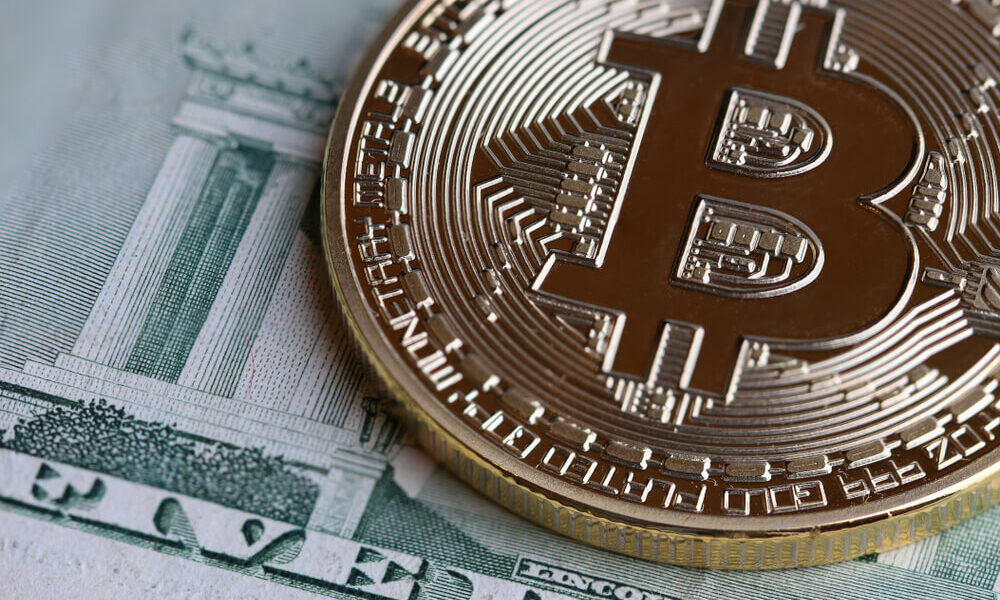If you’ve ever wondered what Blockchains are, then you’re about to find out. In order to understand Bitcoin and how Bitcoin works, then you first need to know what Blockchain is, and how they’re related. This may sound very technologically advanced to anyone, no matter how technologically advanced they may be (see what I did there, however I promise it is simpler to understand than you may think). Basically, Blockchain is the technology used behind Bitcoin and it is a record keeping database which tracks all information of the user on the other side of the computer device.
So, if this is still confusing, let’s start off simple.
At its most basic level, Blockchain is simply just a chain of ‘blocks’, but not in the traditional sense of the words. When we say the words “block” and “chain” in this context, what we are actually talking about is digital information (the “block”) being stored in a public database (the “chain”).
Michael Casey, co-author of the book ‘The Age of Cryptocurrency’, explains how Blockchains are simply a “A new method of record keeping”. This is a very broad, but great way of explaining what Bitcoin is.
Let’s expand on this by asking, how exactly does Blockchain work?
Blockchain, as its name suggests, consists of ‘multiple blocks strung together’. In order for a ‘block’ to be added to the Blockchain, however, these four things must occur, as stated by Investopedia, Blockchain Explained,
- A transaction of some sort must occur. Let’s say you were on eBay and you were impulsively buying your third mascara, even though you’ve got plenty just sitting unopened in the bathroom cabinet (using myself as an example here). After quickly clicking through eBay’s checkout prompts you go against your better judgment and make a purchase. As explained above, in many cases a ‘block’ will group together potentially thousands of transactions from other eBay users, so your eBay purchase will be packaged in the ‘block’ along with other users' transaction information as well.
- While processing your purchase, your transaction must be verified. With other public records of information, like the Securities Exchange Commission, Investopedia, or your local library, there’s someone in charge of reviewing new data entries. With Blockchain, however, that job is left to a network of computers. Talk about replacing human labour with robots! When you make your purchases from eBay, that ‘network of computers’ mentioned above, scrambles to verify your transaction information. What this means is; they confirm the details of the purchase, including the time of the transaction, the amount of the purchase, and the participants in the transaction.
- That transaction must then be stored in a ‘block’. After your transaction has been verified as ‘accurate’, it gets the ‘green light.’ The transaction’s dollar amount, your digital signature, and eBay’s digital signature are all stored in a ‘block’. In that block, your transaction will likely join hundreds, or thousands, of others like it.
- The last phase of the process is for this ‘block’ to be given a hash. Once hashed, the block can then be added to the Blockchain.
Confused yet? Don’t be! Simply put: your recent eBay transaction is now a ‘new block’. This block is added to the blockchain, and it becomes publicly available for anyone to view—even you! Take a look at Bitcoin’s Blockchain, you will see that you have access to transaction data, along with information about when (‘Time’), where (‘Height’), and by who (‘Relayed By’) the block was added to the blockchain. Absolutely fascinating!
So why is it so important to be learned about Blockchain? It’s no secret that many financial experts believe that cryptocurrency is the ‘dollar of the future’ and since the American Dollar has weakened considerably, not to mention that Bitcoin has gained over 8.9 million per cent over the last decade.
Max Keiser, American TV presenter and financial analyst goes one step further to suggest that cryptocurrency will eventually overtake the American Dollar. Max hosts the ‘Keiser Report’ on RT where he and Stacey Herbert talk about the ‘de-dollarization’ of America with a lot of countries no longer relying just on the US Dollar as a sovereign trading currency.
He has also stated that “only Gold, Silver and Bitcoin can save us financially.” The current COVID-19 Pandemic has seen mass unemployment which led to excessive money printing and very volatile market conditions.
“Investors should be looking for assets that represent stores of value, like gold, silver, and bitcoin," he continues.
“The next alternative hard money, aside from silver, is Bitcoin, and that’s why you see that interest in Bitcoin is exponentially increasing. It’s one of the few markets in the world that’s up in 2020,” Keiser told Kitco News.
With all this being said, you can now recognise why understanding Blockchains is so important. Everyone should be educated on the various methods of investing and using their money, or at least part of it. And Bitcoin is probably the best place to start. You should do your research, understand how Bitcoin works and you’ll be on your way to making your money work for you.


